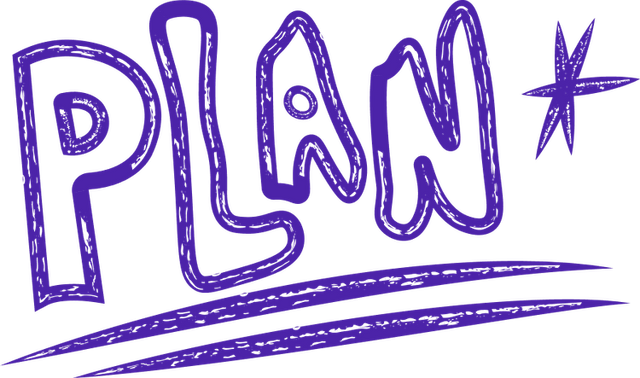
theoretical computer science
Theoretical Computer Science: Definitions and Concepts
At its core, theoretical computer science encompasses several key areas:
Computability Theory: This branch examines what can and cannot be computed by formal models of computation. It explores the limits of computation, such as the famous halting problem, which asks whether a given program will eventually halt or run indefinitely.
Complexity Theory: Complexity theory investigates the resources required to solve computational problems. It aims to classify problems based on their computational complexity and establish relationships between different classes of problems. Notable concepts include P (polynomial time) and NP (nondeterministic polynomial time) problems.
Algorithmic Theory: Algorithmic theory focuses on the design and analysis of algorithms. It seeks to develop efficient algorithms for solving various problems, optimize existing algorithms, and establish theoretical bounds on their performance.
Cryptography: Cryptography is the study of secure communication in the presence of adversaries. Theoretical computer science plays a vital role in developing cryptographic protocols, analyzing their security properties, and exploring new cryptographic primitives.
Formal Languages and Automata Theory: This area investigates the properties and behavior of formal languages and abstract machines known as automata. It provides a theoretical framework for studying regular expressions, context-free grammars, Turing machines, and other formal models.
Computational Geometry: Computational geometry deals with the design and analysis of algorithms for solving geometric problems. It explores efficient methods for handling geometric data structures and performing geometric computations.
Quantum Computing: Quantum computing is an emerging field that leverages principles from quantum mechanics to develop novel computational models. Theoretical computer science plays a vital role in understanding the power and limitations of quantum computers and designing quantum algorithms.
Theoretical computer science forms the foundation for advancements in many areas of computing, including artificial intelligence, machine learning, data science, and cryptography. It provides the theoretical framework for developing efficient algorithms, analyzing their performance, and understanding the boundaries of computational problems.
To conclude, theoretical computer science is a fascinating field that explores the mathematical foundations of computation. It enables researchers and practitioners to better understand the capabilities and limitations of computers, design efficient algorithms, and tackle complex computational problems. As the field continues to evolve, new ideas and breakthroughs are constantly shaping the landscape of theoretical computer science.
And now, for a touch of whimsy, here's a lighthearted quote from the movie "The Social Network": "You know what's cooler than theoretical computer science? Theoretical computer science with friends." Remember, the best way to learn is to collaborate and share knowledge! Theoretical computer science is a branch of computer science that focuses on the fundamental principles underlying computation and information processing. It involves the study of algorithms, data structures, complexity theory, and formal languages. Theoretical computer scientists seek to understand the capabilities and limitations of computers, as well as develop new algorithms and techniques for solving computational problems.
One of the key areas of research in theoretical computer science is algorithm analysis, which involves studying the efficiency and correctness of algorithms. This includes determining the best algorithm for a given problem, as well as analyzing the time and space complexity of algorithms. Complexity theory is another important aspect of theoretical computer science, which deals with classifying problems based on their computational complexity and hardness.
Overall, theoretical computer science plays a crucial role in advancing the field of computer science and driving innovation in technology. By studying the theoretical foundations of computation, researchers can develop new algorithms, improve existing ones, and push the boundaries of what is possible with computers. If you are interested in delving deeper into the theoretical aspects of computer science, consider exploring topics such as automata theory, computability theory, and cryptography.
Let’s build your next digital product — faster, safer, smarter.
Book a free consultationWork with a team trusted by top-tier companies.








